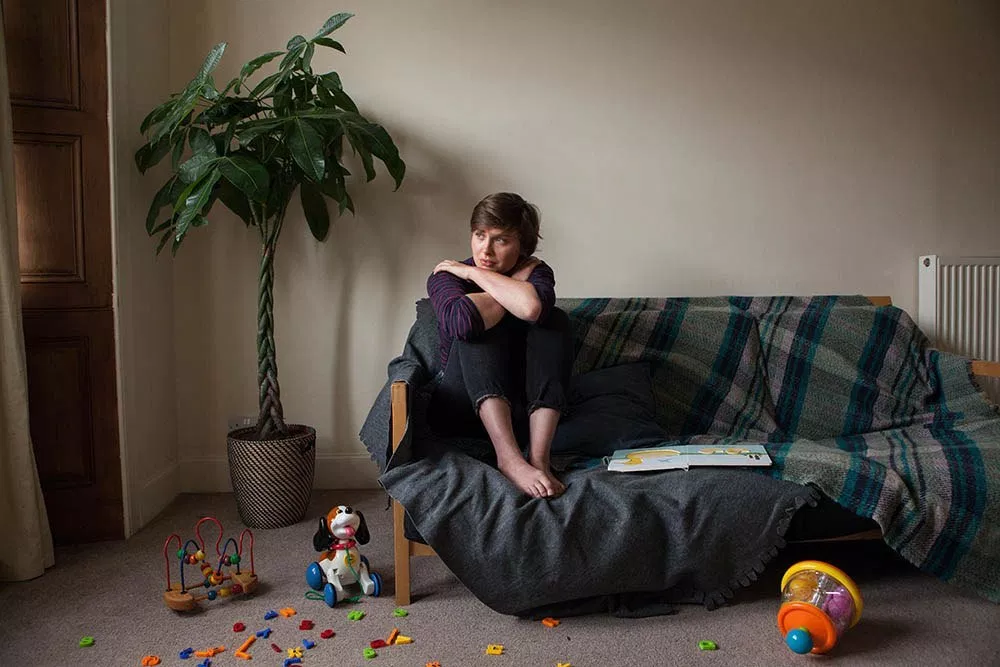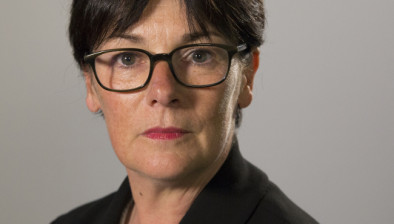Independent report calls for more action to improve housing outcomes for victims of domestic abuse
Social landlords should use a human rights approach to improve housing outcomes for women and children experiencing domestic abuse, a new report has recommended.

The proposals set out in the report, commissioned by the Scottish Government, seek to change the way council and housing association support victims of domestic abuse and make it a requirement that their needs are prioritised over those of a perpetrator.
The report and review group was co-chaired by CIH Scotland and Scottish Women’s Aid and follows guidance produced by both organisations in 2019 to support social landlords.
Statistics show domestic abuse is the main cause of women’s homelessness in Scotland and as such the report makes recommendations to both prevent homelessness and to make leaving an abusive partner easier and safer for women. This includes ensuring women’s rights to remain in their own home are protected.
The recommendations call for all local authorities and housing associations to have a domestic abuse policy in place and for regulatory changes so social landlords can be held to account if they do not safeguard the housing rights of victims of domestic abuse.
The report also asks the government to prioritise the passing of the Domestic Abuse (Protection) (Scotland) Bill before the election next year to ensure social landlords can take immediate steps to remove perpetrators from a tenancy. It further recommends that in the next Parliamentary term, the Scottish Government incorporate all elements of the right to adequate housing within Scots law.
The report notes with concern that despite the publication in 2019 of domestic abuse good practice guidance for social landlords, only a minority of social landlords have implemented this guidance or developed a domestic abuse policy.
Membership of the review group included Almond Housing Association, ALACHO, Brodies Solicitors, CIH Scotland, COSLA, Engender, Fife Council, Scottish Government, Scottish Women’s Aid and Shelter Scotland.
Jo Ozga, policy officer at Scottish Women’s Aid and co-chair of the group, said: “The coronavirus pandemic has highlighted a ‘shadow pandemic’ of domestic abuse. Lockdown measures have enabled perpetrators to enforce control, and highlighted that, even in normal circumstances, many women and children do not feel safe or secure at home.
“The report recommends a combination of systemic change, legislation and actions to prevent homelessness for victim-survivors of domestic abuse that will make a fundamental difference to improving not only the housing outcomes for women and children in Scotland but also their health and wellbeing.”
Callum Chomczuk, national director of CIH Scotland and co-chair of the group, added: “The housing sector unfortunately been too slow to improve our approach to domestic abuse. Too many social landlords still do not have a policy which recognises domestic abuse and victims are at times, made homeless by the services that are meant to help them- despite domestic abuse remaining the principal case of women’s homelessness.
“Our thanks to the experts on the review group across the housing, equalities and legal sector that contributed to the report and I hope the recommendations are recognised as clear practical steps to ensure the human rights of victim-survivors are prioritised by social landlords.”
Minister for local government, housing and planning, Kevin Stewart MSP, said: “I welcome this report, commissioned by the Scottish Government, which marks a huge step in recognising and addressing the impact domestic abuse has on women’s homelessness. I’d like to thank the working group for the hard work that went into it.
“It is shocking that people are at risk of harm from those they live with, yet we know domestic abuse is the most common reason for women making a homelessness application and we must support them.
“Crucially, measures in the Domestic Abuse (Protection) (Scotland) Bill provide the police and courts with new powers to protect people experiencing domestic abuse and give social landlords greater control over ending or transferring tenancies to keep women and children safe.
“The Scottish Government looks forward to working together with social housing providers to implement the report’s findings and ensuring victims of domestic abuse have a safe and secure place to live, where they can access the support they need.”








